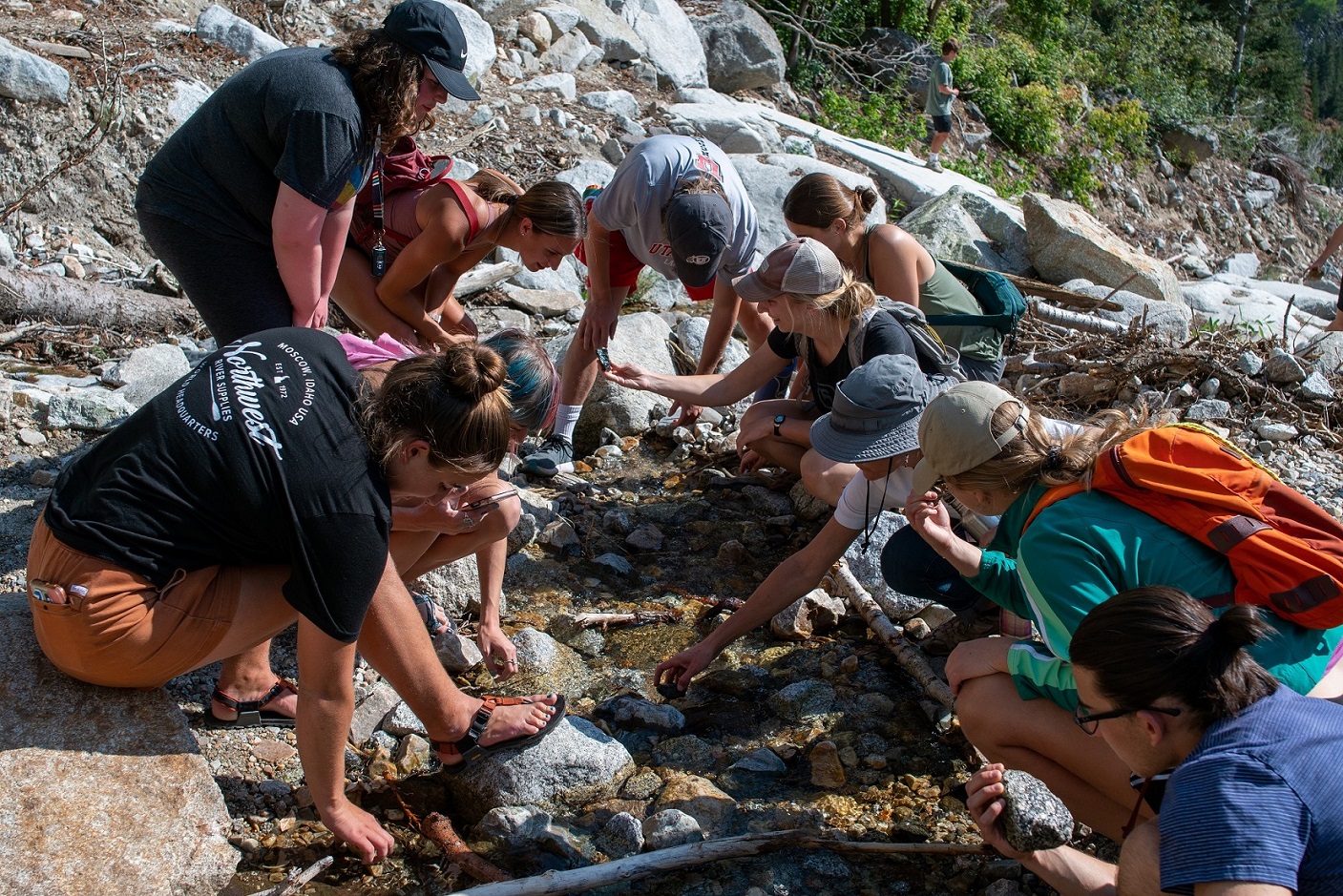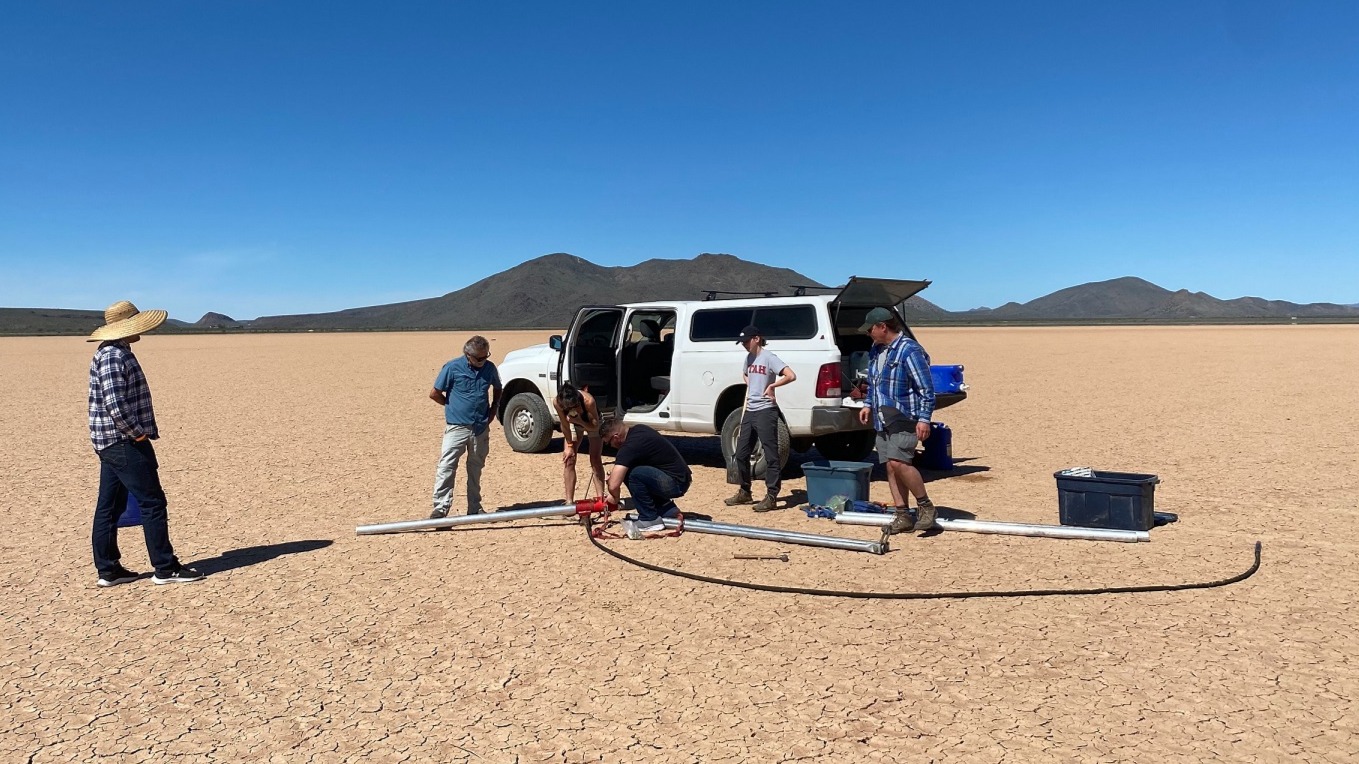Environmental and Sustainability Studies Degrees
We strive to foster an understanding of ecological systems and the consequences of human-environment interactions. The curriculum is rooted in interdisciplinary approaches from earth systems science, humanities, and social and behavioral sciences. Our program provides students with a broad multi-methods education that emphasizes systemic analysis, peer learning, and community engagement. It stresses the importance of social responsibility, leadership, and a science-based focus on solutions and integrated problem solving.
Students who major in Environmental and Sustainability Studies learn how to shape more resilient and sustainable systems, emphasizing the interaction between society, the economy, and the environment. Students will have the ability to assess complex environmental issues at all scales, using multiple and diverse methodologies and an interdisciplinary approach, within a context of environmental justice and long-term sustainability. Students will be able to think critically about their role as creative problem-solvers and their responsibility as citizens, political and economic participants, and members of an extended ecological community. ENVST offers both a major (55 credits) and a minor (18 credits).
Learning Outcomes:
- Describe the ways that sustainability topics are approached by a diversity of academic disciplines.
- Articulate concepts of interdependence and dynamic interrelationships within and between social and ecological systems.
- Evaluate howsystemic limits and globalized processes impact socioecological systems and impose social differences.
- Integrate human and ecological health and social equity in problem solving strategies.
- Generate creative responses that inform sustainable approaches to promote resilient communities.
ENVST Major - 55 credits:
Environmental and Sustainability Studies students develop an understanding of ecological systems and the consequences of human-environment interactions, with grounding in earth systems and social science. The curriculum emphasizes human impacts on the environment, policy and decision making, ethics, and historical approaches to the human-environment relationship. This interdisciplinary program is unique in its emphasis on peer learning and community engagement regarding the environment, social responsibility, and sustainability.
Degree Emphases
ENVST offers four Degree Emphases. Click each button below for emphases sheets, information about capstone courses, and projects related to each emphases.
What do ENVST graduates do?
Many successfully pursue rewarding careers in education, business, government agencies, and nonprofit organizations in positions like:
|
|




